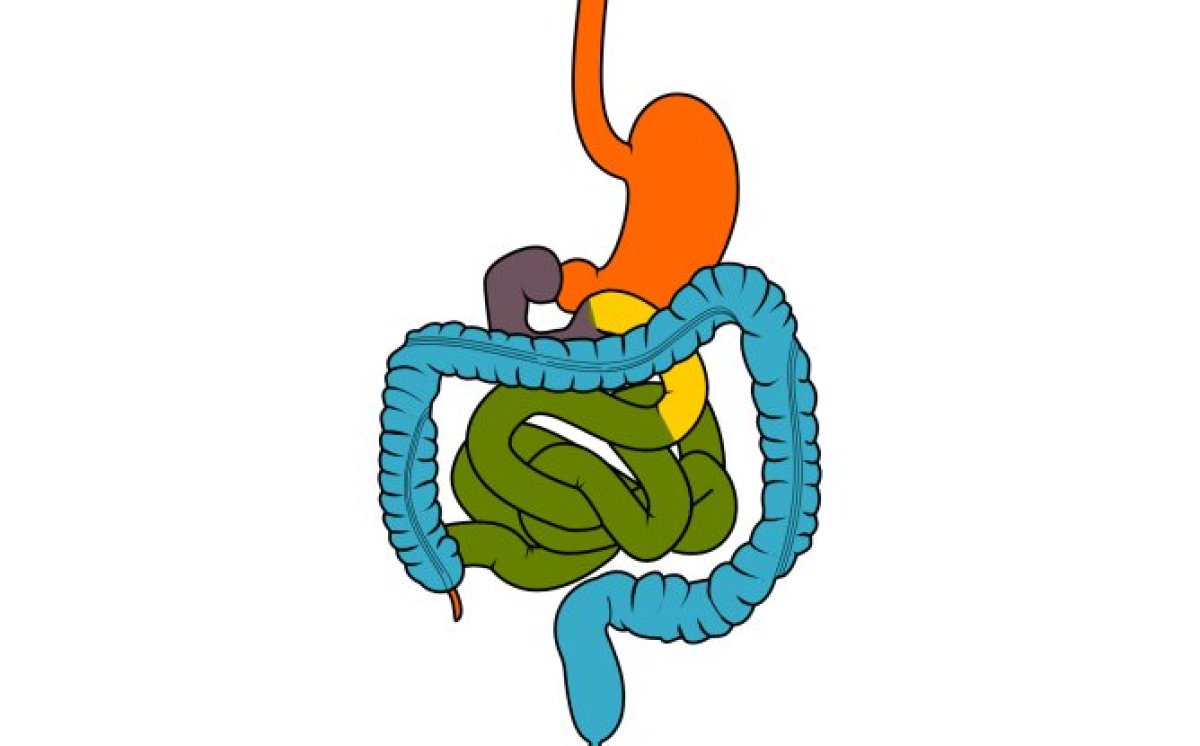Stroke at a Young Age? These are the characteristics an...
Most strokes attack those who are elderly. However, can someone have a stroke at...
Herbal Medicine for Treating Knee Pain, Natural Alterna...
Effective herbal medicine for treating knee pain. Turmeric, ginger, aloe vera, a...
Dangers of Fish Eggs, Do They Really Trigger High Chole...
The dangers of fish eggs or caviar if consumed excessively. Following are some o...
6 Steps to Overcome OCD by Yourself, You Can Do It!
OCD cannot be cured, but you can reduce the symptoms.
7 Tips for Shrinking Your Stomach
Tips for shrinking your stomach include cardio exercise and eating fiber foods.
Symptoms and causes of Hirschsprung, making him unable ...
Hirschsprung's disease is a disorder of the large intestine that causes feces or...














